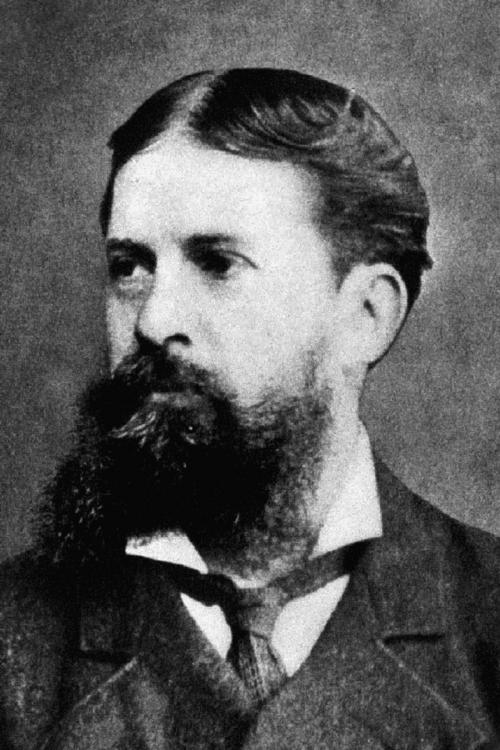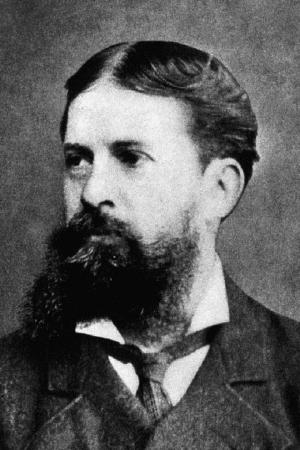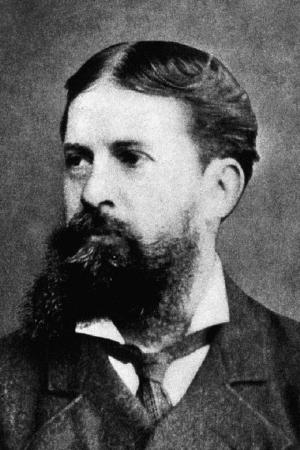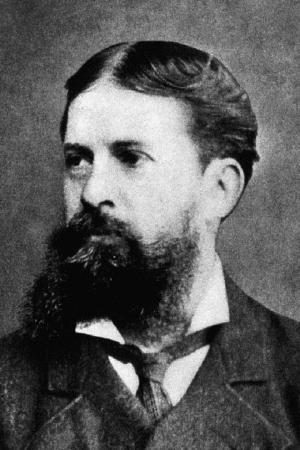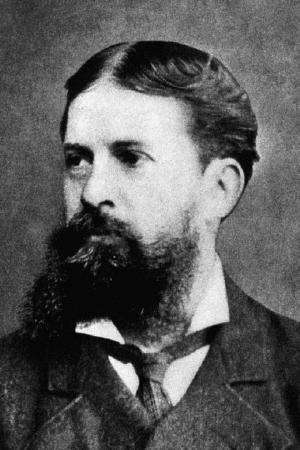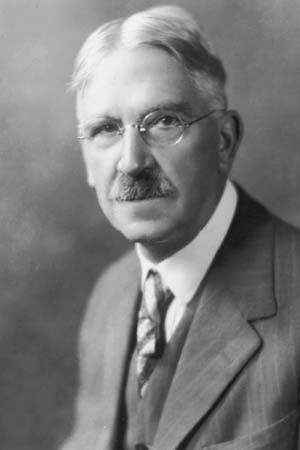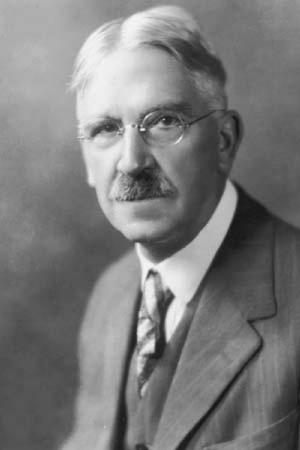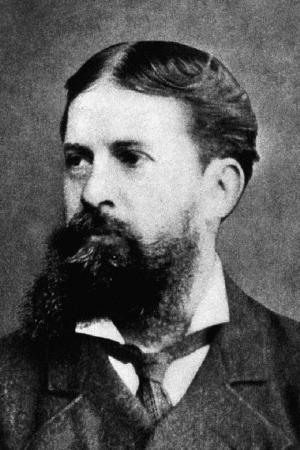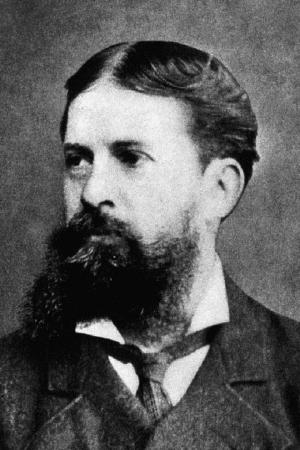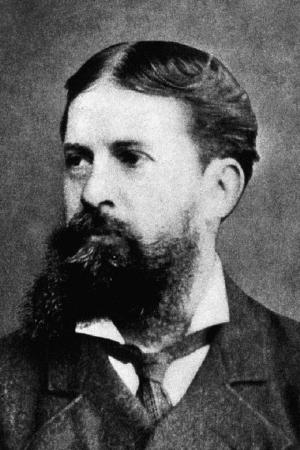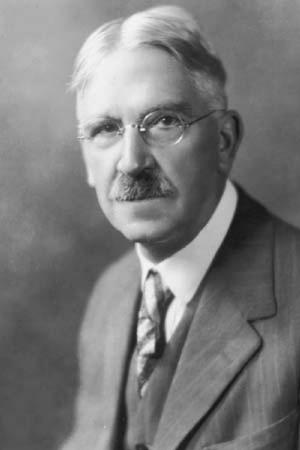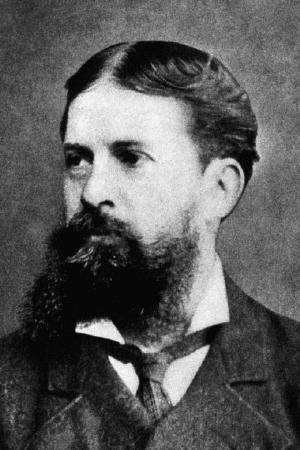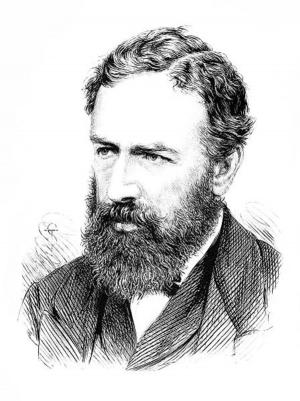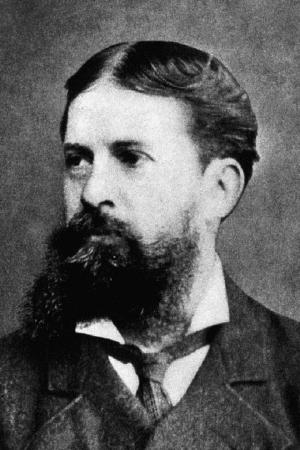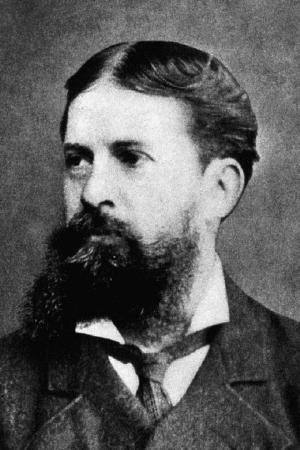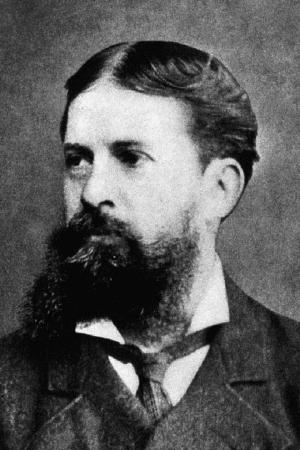| Author: | Charles Peirce, Timeless Books: Editor | ISBN: | 1230001230277 |
| Publisher: | Timeless Books | Publication: | July 14, 2016 |
| Imprint: | Language: | English |
| Author: | Charles Peirce, Timeless Books: Editor |
| ISBN: | 1230001230277 |
| Publisher: | Timeless Books |
| Publication: | July 14, 2016 |
| Imprint: | |
| Language: | English |
The book has an active table of contents for readers to access each chapter directly.
In 1934, Paul Weiss, an American philosopher, the founder of The Review of Metaphysics, and the Metaphysical Society of America, called Charles Peirce "the most original and versatile of American philosophers and America's greatest logician".
In 1943, Webster's Biographical Dictionary added Charles Peirce’s introduction as "now regarded as the most original thinker and greatest logician of his time."
Max Fisch, a well-known writer of identity, individuality, responsibility, morality, and political commitment, commented Charles Peirce as the follow:
“Who is the most original and the most versatile intellect that the Americas have so far produced? The answer Charles S. Peirce is uncontested, because any second would be so far behind as not to be worth nominating. He was mathematician, astronomer, chemist, geodesist, surveyor, cartographer, metrologist, spectroscopist, engineer, inventor; psychologist, philologist, lexicographer, historian of science, mathematical economist, lifelong student of medicine; book reviewer, dramatist, actor, short story writer; phenomenologist, semiotician, logician, rhetorician and metaphysician.”
Without any doubt, Charles Peirce is in the row of the best minds with Henry George, William James, Thorstein Veblen, and Ludwig Wittgenstein.
In 1892, Charles Peirce published his foundational paper to his theory of tychism THE DOCTRINE OF NECESSITY EXAMINED. In this paper, Peirce denied the central position of the doctrine of necessity that "the state of things existing at any time, together with certain immutable laws, completely determine the state of things at every other time." He argued that an avenue was opened up allowing the entry of chance as a fundamental and absolute entity.
In THE DOCTRINE OF NECESSITY EXAMINED, Peirce did not assert that there was no law in the universe. What he advocated was that there were in the universe both regularities and irregularities. His theory is to address that complete lack of order is itself a sort of order and to explore and explain the presence of such a universal law that "why laws are not precisely or always obeyed, for what is still in a process of evolution cannot be supposed to be absolutely fixed."
This is a must-read book to understand the foundational thought of Philosophy, Logic, Religion, and Evolutionary Science by Charles Peirce, one of the greatest philosophers and logicians in the world.
The book has an active table of contents for readers to access each chapter directly.
In 1934, Paul Weiss, an American philosopher, the founder of The Review of Metaphysics, and the Metaphysical Society of America, called Charles Peirce "the most original and versatile of American philosophers and America's greatest logician".
In 1943, Webster's Biographical Dictionary added Charles Peirce’s introduction as "now regarded as the most original thinker and greatest logician of his time."
Max Fisch, a well-known writer of identity, individuality, responsibility, morality, and political commitment, commented Charles Peirce as the follow:
“Who is the most original and the most versatile intellect that the Americas have so far produced? The answer Charles S. Peirce is uncontested, because any second would be so far behind as not to be worth nominating. He was mathematician, astronomer, chemist, geodesist, surveyor, cartographer, metrologist, spectroscopist, engineer, inventor; psychologist, philologist, lexicographer, historian of science, mathematical economist, lifelong student of medicine; book reviewer, dramatist, actor, short story writer; phenomenologist, semiotician, logician, rhetorician and metaphysician.”
Without any doubt, Charles Peirce is in the row of the best minds with Henry George, William James, Thorstein Veblen, and Ludwig Wittgenstein.
In 1892, Charles Peirce published his foundational paper to his theory of tychism THE DOCTRINE OF NECESSITY EXAMINED. In this paper, Peirce denied the central position of the doctrine of necessity that "the state of things existing at any time, together with certain immutable laws, completely determine the state of things at every other time." He argued that an avenue was opened up allowing the entry of chance as a fundamental and absolute entity.
In THE DOCTRINE OF NECESSITY EXAMINED, Peirce did not assert that there was no law in the universe. What he advocated was that there were in the universe both regularities and irregularities. His theory is to address that complete lack of order is itself a sort of order and to explore and explain the presence of such a universal law that "why laws are not precisely or always obeyed, for what is still in a process of evolution cannot be supposed to be absolutely fixed."
This is a must-read book to understand the foundational thought of Philosophy, Logic, Religion, and Evolutionary Science by Charles Peirce, one of the greatest philosophers and logicians in the world.
